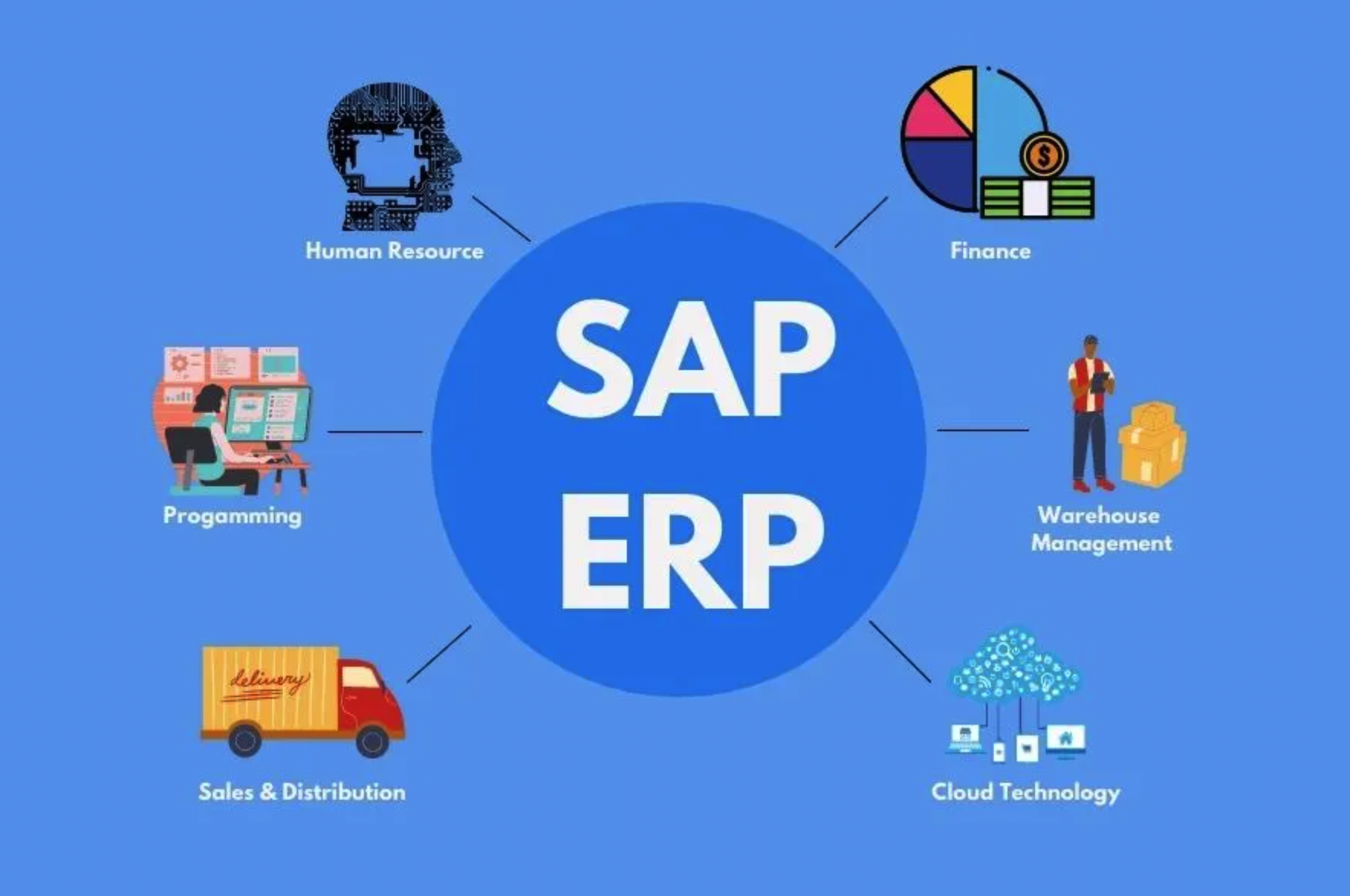

How does Web3 affect my business?
Web3 refers to the third generation of the internet. The goal is to decentralized communication and collaboration on the internet. It is based on the use of blockchain technology and decentralized protocols to create a more secure and transparent online environment.

What applications are there for Web3?
Web3 technologies, such as blockchain and smart contracts, let businesses create digital products and services that help to capitalize a start up idea or a new industry. For example, a business could create a decentralized platform for buying and selling renewable energy credits, or a blockchain-based supply chain management system for tracking the origin and provenance of goods.
There are many benefits to using a new technology like the blockchain – a business can create new services on top of Web3 that only help you create a more sustainable operation.

What are the benefits of Web3?
- Creating and selling blockchain-based products or services: Businesses can leverage the unique properties of blockchain technology to create innovative products or services that meet the needs of their customers.
- Using smart contracts to streamline business processes: Smart contracts are self-executing contracts with the terms of the agreement between buyer and seller being directly written into lines of code. They can be used to automate and streamline various business processes, such as supply chain management and financial transactions.
- Implementing decentralized finance (DeFi) solutions: DeFi refers to the use of blockchain technology to create financial services that are transparent, secure, and accessible to anyone with an internet connection. Businesses can use DeFi to offer financial products and services that are more efficient and cost-effective than traditional alternatives.
- Tokenizing assets: Businesses can use blockchain technology to create and issue digital tokens that represent ownership of assets, such as real estate, art, or collectibles. These tokens can be easily bought and sold on online marketplaces, enabling businesses to easily monetize their assets.
- Participating in decentralized networks: Many web3 platforms offer opportunities for businesses to participate in decentralized networks and earn rewards for providing valuable services or resources.

How do I connect my business and the applications it runs on to Web3?
To connect an app to web3, you will need to use an API (Application Programming Interface) provided by a web3 provider. A web3 provider is a service that allows your app to interact with the blockchain and access its data and functionality.
There are many tools that help your app connect to the web3 providers that you can use, including:
Infura: Infura is a popular web3 provider that allows you to access the Ethereum blockchain and other networks from your app. You can use Infura to send transactions, read data from the blockchain, and interact with smart contracts.
MetaMask: MetaMask is a browser extension that acts as a web3 wallet, allowing you to interact with the Ethereum blockchain from your web browser. You can use MetaMask to sign transactions, access decentralized applications (dApps), and manage your cryptocurrency wallet addresses across any EVM.
Web3.js: Web3.js is a JavaScript library that allows you to interact with web3 providers and the wallets connected to your app. You can use Web3.js to send transactions, read data from the blockchain, and interact with smart contracts.
To connect your app to web3 using one of these tools, you can reach out to us to help you integrate its functionality into your app.
Once you have connected your app to web3, you will be able to access the blockchain and its data and functionality from your app, and use it to build new products and services or streamline your business operations.

What makes Web3 the best option for my business?
Web3 technologies, offer many benefits that make them an attractive option for businesses. Some of the key advantages of web3 include:
-
Security: Web3 technologies are designed to be highly secure; they use decentralized networks and cryptographic techniques to protect against tampering and fraud. Web3 tech is well-suited for applications that require a high level of security, such as financial transactions or the storage of sensitive data.
-
Transparency: Web3 technologies enable transparent and auditable systems, as all data and transactions are recorded on a public ledger that is open for anyone to see. This can help businesses to build trust with their customers and partners and improve the overall transparency of their operations.
-
Decentralization: Web3 technologies are decentralized, meaning that they are not controlled by any single entity or organization. This can help businesses to reduce their dependence on centralized systems and increase their resilience and flexibility.
-
Efficiency: Web3 technologies, such as smart contracts, can help businesses to automate and streamline various business processes, resulting in increased efficiency and reduced costs.
-
Innovation: Web3 technologies enable the creation of new products and services that were not previously possible, as they allow for decentralized and transparent communication and collaboration on the internet. This can help businesses to stay ahead of the curve and stay competitive in their industry.
Overall, web3 technologies offer many benefits that make them an attractive option for businesses looking to improve their security, transparency, efficiency, and competitiveness. However, it is important to carefully consider whether web3 technologies are the best fit for your specific business needs and goals.

Contact ecom industries today
Contact us today to learn more about our services and how we can help you achieve your Web3 goals. Our team of experts can help you with everything from choosing the right blockchain to designing and building decentralized Web3 applications (dApps).
More sales on the Blockchain with a Web3 Marketplace.
More sales on the Blockchain with a Web3 Marketplace. How does Web3 affect my business? Web3 refers to the third...
Thinking about serverless computing? Everything you need to know…
serverless computing aws, Serverless computing, Serverless services
What is cloud computing? What are your options and which ones are right for you?
Cloud technology, Cloud Computing, Cloud servers






















